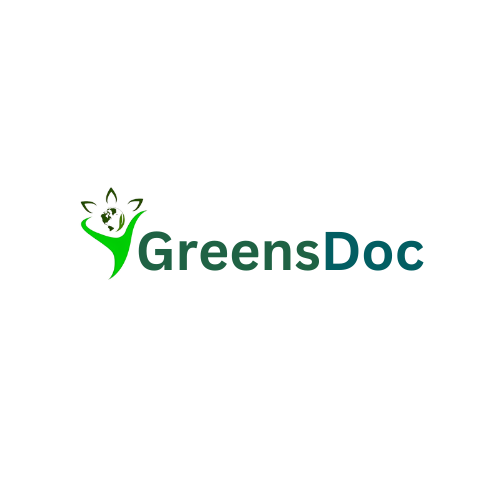In the fast-paced world of healthcare, understanding the basics of essential drugs can be a game-changer for your well-being. Let’s dive into some quick facts that will empower you to make informed decisions about your health.
1. What are Essential Drugs?
Essential drugs are medications that meet the healthcare needs of the majority of the population. They are selected based on their safety, efficacy, and affordability. These drugs address common health issues and play a crucial role in maintaining overall well-being.
2. Your First Line of Defense
Think of essential drugs as your health’s first responders. They are the go-to medications for treating everyday ailments like headaches, fevers, and allergies. Having a basic understanding of these drugs can save you time and help you manage minor health concerns efficiently.
3. Over-the-Counter (OTC) vs. Prescription
Essential drugs come in two main categories: over-the-counter (OTC) and prescription. OTC drugs are readily available without a prescription and are suitable for self-treatment of common conditions. Prescription drugs, on the other hand, require a doctor’s guidance and are essential for more complex health issues.
4. Common Examples of Essential Drugs
- Pain Relievers: Over-the-counter pain relievers like acetaminophen and ibuprofen are essential for managing mild to moderate pain.
- Antibiotics: Prescription antibiotics are crucial for treating bacterial infections. Always complete the prescribed course to ensure effectiveness.
- Antihistamines: Over-the-counter antihistamines help alleviate allergy symptoms such as sneezing and itching.
5. Proper Usage is Key
Understanding how to take essential drugs is as important as knowing which ones to take. Always follow the recommended dosage and instructions. If you’re unsure, consult with a healthcare professional for guidance.
6. Potential Side Effects
While essential drugs are generally safe, they may have side effects. Be aware of common side effects and consult your healthcare provider if you experience anything unusual. This proactive approach ensures you’re getting the most benefit with the least risk.
7. Stay Informed about Alternatives
In some cases, there may be alternative treatments or lifestyle changes that can complement or replace essential drugs. Explore these options with your healthcare provider to tailor your approach to your unique health needs.
8. Regular Check-Ins with Your Doctor
Even if you’re using essential drugs for self-treatment, it’s crucial to have regular check-ins with your doctor. They can monitor your overall health, review your medication regimen, and make adjustments if necessary.
Conclusion: Empower Yourself with Knowledge
Being informed about essential drugs is a powerful tool for taking charge of your health. Whether you’re managing a common cold or addressing a chronic condition, understanding these quick facts will help you make wise choices on your health journey. Always remember, a little knowledge can go a long way in boosting your well-being.


